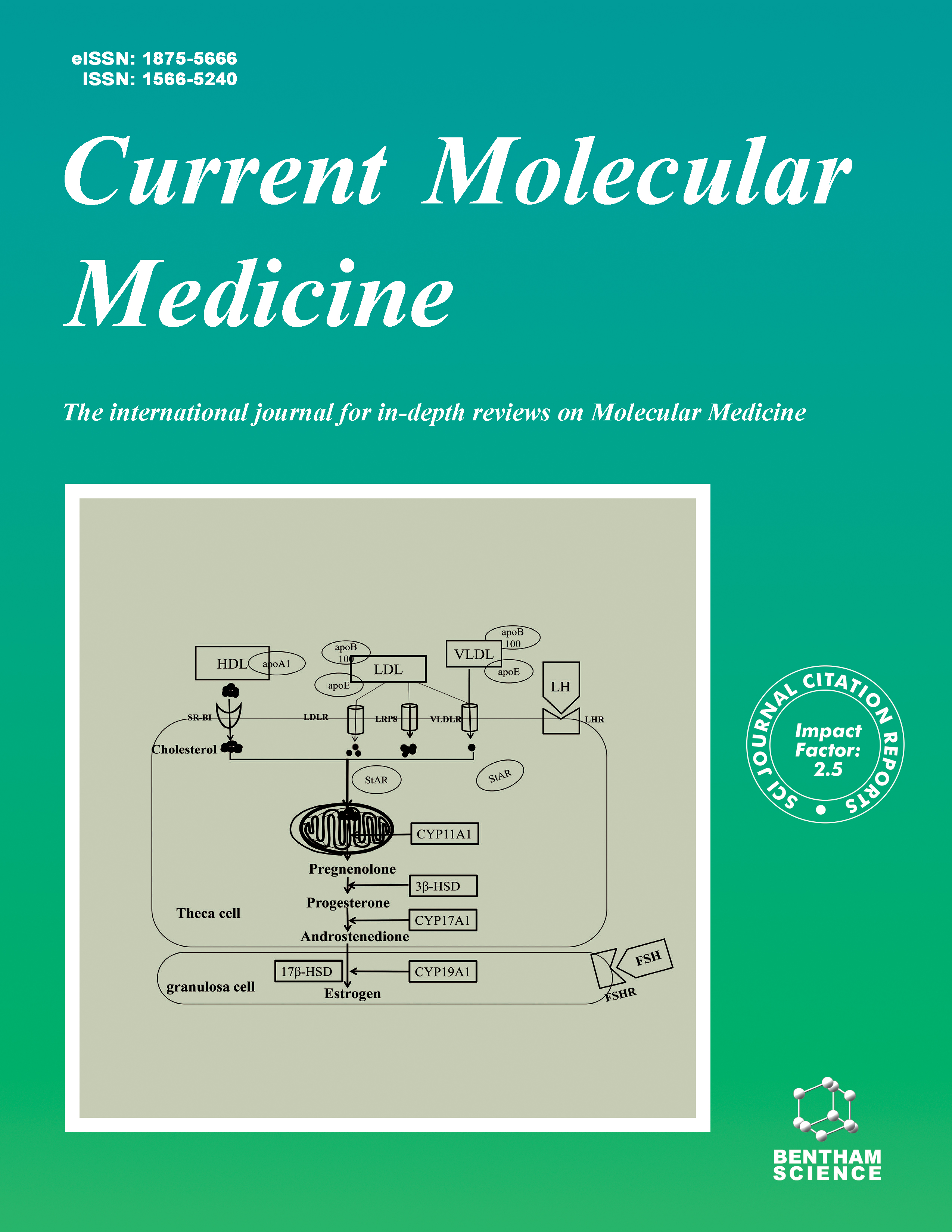-
s 3-Methyladenine Inhibits Procollagen-1 and Fibronectin Expression in Dermal Fibroblasts Independent of Autophagy
- Source: Current Molecular Medicine, Volume 20, Issue 9, Nov 2020, p. 741 - 750
-
- 01 Nov 2020
Abstract
Background: Autophagy is deeply associated with aging, but little is known about its association with the extracellular matrix (ECM). 3-methyladenine (3-MA) is a commonly used autophagy inhibitor. Objective: We used this compound to investigate the role of autophagy in dermal ECM protein synthesis. Methods: Normal human dermal fibroblasts (NHDFs) were treated with 3-MA for 24 h, and mRNA encoding several ECM proteins was analyzed in addition to the protein expression of procollagen-1 and fibronectin. Several phosphoinositide 3-kinase (PI3K) inhibitors, an additional autophagy inhibitor, and small interfering RNA (siRNA) targeting autophagy-related genes were additionally used to confirm the role of autophagy in ECM synthesis. Results: Only 3-MA, but not other chemical compounds or autophagy-related genetargeting siRNA, inhibited the transcription of procollagen-1 and fibronectin-encoding genes. Further, 3-MA did not affect the activation of regulatory Smads, but inhibited the interaction between Smad3 with p300. Moreover, 3-MA treatment increased the phosphorylation of cAMP response element-binding protein (CREB); however, CREB knock-down did not recover 3-MA-induced procollagen-1 and fibronectin downregulation. Conclusion: We revealed that 3-MA might inhibit procollagen-1 and fibronectin synthesis in an autophagy-independent manner by interfering with the binding between Smad3 and p300. Therefore, 3-MA could be a candidate for the treatment of diseases associated with the accumulation of ECM proteins.


